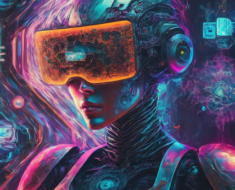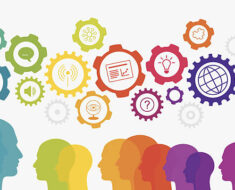Strictly speaking, Information Technology (IT) has been influencing society for thousands of years. Smoke signals, the abacus, writing, paper, pens, and printing were once considered the cutting edge of IT because those technologies were the latest and greatest in communication.
But today it is widely accepted that the cutting edge of IT is in digital communications. As with all historical information technology developments, digital communication technology is revolutionary in terms of society, business, defense, and culture.
But what is it about digital communications that sets it apart from all other technological advancements that have come before? What is the role that this technology can play in modern society?
First, IT acts as a facilitator. It is a medium that allows large volumes of information to be stored, processed or transferred at lightning speed. This means that there is more information at hand to make decisions, maintain relationships, monitor markets or follow movements.
The power of this notion should not be underestimated, as it allows people to make decisions based on a large amount of up-to-date information. Military, educational institutions and big business have understood the power of this notion, but only in the last ten years has society in general also embraced the power of information for both social movements and small businesses.
Second, information technology is an enabler. Only a select minority of specialized companies in the world can claim that IT is their business. Most corporations and institutions use information technology to enable the functions that drive their core business. This may include better communication between staff, vendors, or customers, or it may include better asset management. Whatever the role, digital communication makes the storage, processing or transfer of information more efficient than ever. But it’s important to note that it doesn’t essentially change business, ideals, ethics, or core movements. It just allows them to operate on a larger scale much more efficiently.
Finally, Information Technology assumes the role of custodian. As data and information accumulates on almost any subject you can imagine, huge data warehouses emerge ready to serve any new request. And therein lies the security paradox presented by modern information technology. It can be argued that more information available makes our lives more efficient, safe and rich. While the other argument is that the very information that provides these benefits is also our Achilles heel due to the security implications of unauthorized infiltration.
There is no doubt that the role of information technology is directed and limited by the very technology that defines it. Today, that technology allows us to collect, manipulate, and communicate vast amounts of information. Consequently, IT’s role revolves around improving the efficiency, capacity, speed or accuracy of anything that can benefit from the functions provided by modern Information Technology systems.





